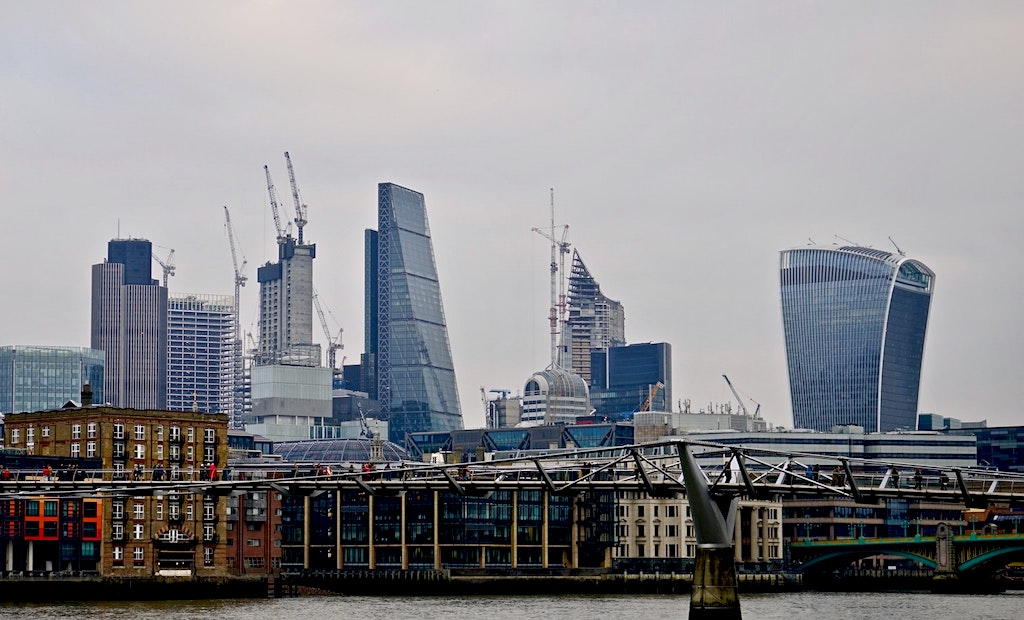UK inflation reaches 12-month low but misses the target

The UK achieved its lowest inflation rate for over a year as the Consumer Prices Index (CPI) fell to 3.6% in January. However, this drop was still more than 1% over the banks’ target of 2%.
The first month’s inflation shows a decline from 4.2% the previous month, while the Retail Price Index (RPI) also slumped from 4.9% to 3.9%. Such a reduction in inflation is said to be a result of abandoning last year’s increase to Value Added Tax out of the annual comparison.
The 1.2% drop in the annual inflation over the past two months is the biggest drop over any two-month period since the global recession of 2008, and the trend is expected to continue throughout the year.
However, the figures were not enough to prevent Sir Mervyn King, the Bank of England governor, writing another letter to the chancellor explaining their failure to reach the CPI target of 2%.
In his letter, King addressed the failure to reach the target, citing the increase in VAT, import prices and energy prices as factors that elevated the inflation to 5%, an all-time high, last year. He went on to assure the Chancellor that: “CPI inflation will continue to fall back to around the target by the end of 2012”.
Following the uncertainty of the “pace” and “extent” to which the inflation will fall, King included the monetary policy adopted to rely on the banks to boost the economy to a total of £350 billion, whilst maintaining the bank’s rate at 0.5%, saying:
“With external price pressures diminishing, and the underlying weakness in domestically generated inflation likely to persist, the Committee’s assessment of the inflation outlook at its February meeting was that, in the absence of further policy action, the balance of risks around the inflation target in the medium term lay to the downside. That is why we judged that it was appropriate to increase the size of the asset purchase programme, financed by the issuance of central bank reserves, by £50 billion to a total of £325 billion, while maintaining Bank Rate at 0.5%.”
In his reply, George Osborne, the chancellor, described the monetary policy as “the first line of defence in the face of economic shocks”, as well as reiterating the government’s “absolute commitment” to fiscal austerity.
Rajeeb Gurung























Facebook
Twitter
Instagram
YouTube
RSS